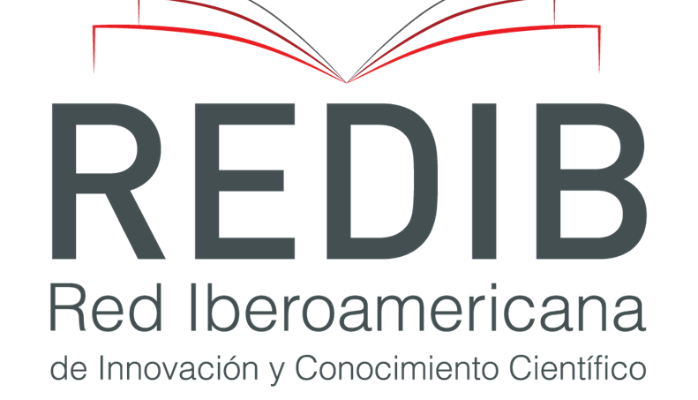Environmental and biological conditions of Tenebrium molitor in the degradation of Polystyrene
DOI:
https://doi.org/10.47796/ing.v3i2.531Keywords:
Biodegradation, Polystyrene, Tenebrio molitorAbstract
The research is based on the behavior of the Tenebrio molitor larva in polystyrene biodegradation, evaluating the biological and environmental conditions. For this, the larval stages, the evaluation in different percentages of substrate and the determination at different temperatures were determined. Each of these treatments were stored in plastic and / or glass containers. The consumption of polystyrene was evaluated by different stages of the Tenebrio molitor larvae; cataloging them as small, medium and large. The small and medium sizes consumed an average of 0.12 g and 0.11 g in an average of 56 days, unlike the large larval stage, which had a consumption of 0.03 g. In the consumption of polystyrene in different percentages of substrate, it was more efficient in the treatment that had a proportion of 15% in contrast to the treatments with 8% and 3%. Temperature influences the biodegradation process, at temperatures above 28 ° the consumption of polystyrene is reduced, and at low temperatures of 11 oC to 20 °C it increases. It is feasible to manipulate the environmental and biological conditions to achieve a better biodegradation process of polystyrene by Tenebrio molitor.








